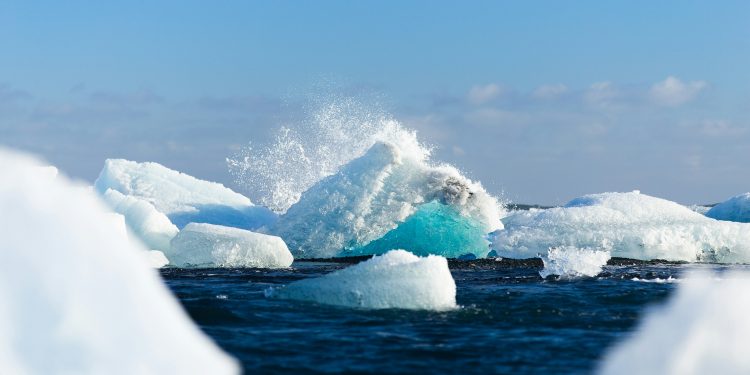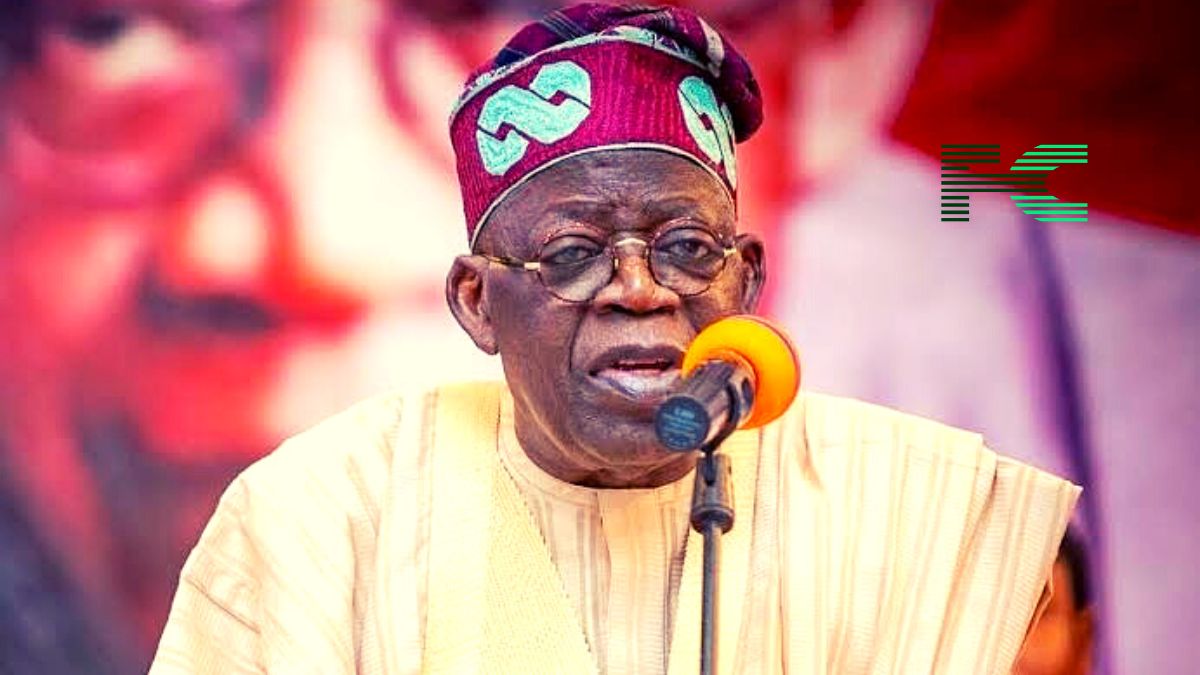The United States has discussed the possible use of russian icebreakers in Alaska gas development talks, according to three sources familiar with the matter. The idea is being considered as part of potential deals that could come from the meeting between President Donald Trump and Russian President Vladimir Putin in Alaska.
Trump arrived in the state on Friday, calling the summit a “high stakes” opportunity to address both the war in Ukraine and long-term energy cooperation. The meeting, held at a Cold War-era air force base, is the first direct engagement between the two leaders since Trump’s return to the White House.

Why russian icebreakers matter
Russia operates the only fleet of nuclear-powered icebreakers in the world. These ships are crucial for keeping the Northern Sea Route open all year, allowing the transport of goods and energy resources through harsh Arctic conditions. For Alaska gas projects, such access could mean faster delivery of materials and equipment to remote areas where infrastructure is poor and weather can halt progress.
White House officials have discussed whether these vessels could help push forward projects like Alaska LNG, a $44 billion plan to move gas from the far north through an 800-mile pipeline for export to Asia. Trump has promoted this project as a way for Asian buyers to reduce dependence on Russian LNG, creating an ironic twist if russian icebreakers are involved in building it.
Mixed industry reaction
An industry source noted that Alaska LNG currently has “no identified needs for Russian icebreakers.” Still, the idea has not been dismissed at a political level, because it could serve as a bargaining chip in wider negotiations. Another project, Qilak LNG, aims to produce 4 million tons of LNG annually for Asian markets, though its role in the talks remains unclear.
Bringing russian icebreakers into Alaska gas development talks adds a layer of controversy. For some, it signals potential cooperation between two rivals in the Arctic energy race. For others, it raises concerns about security, dependence, and whether such a deal would give Russia strategic leverage in a U.S. energy project.
The White House has not responded to questions about the proposal, and Kremlin officials have also remained silent. However, the discussion itself reflects how deeply intertwined energy, politics, and Arctic infrastructure have become.
The road ahead
Whether or not a deal is reached, the use of russian icebreakers for Alaska gas development talks has already stirred debate in both political and industry circles. Supporters see it as a pragmatic step to speed up a major U.S. energy project. Opponents question the wisdom of involving Russia in such a sensitive area.

















